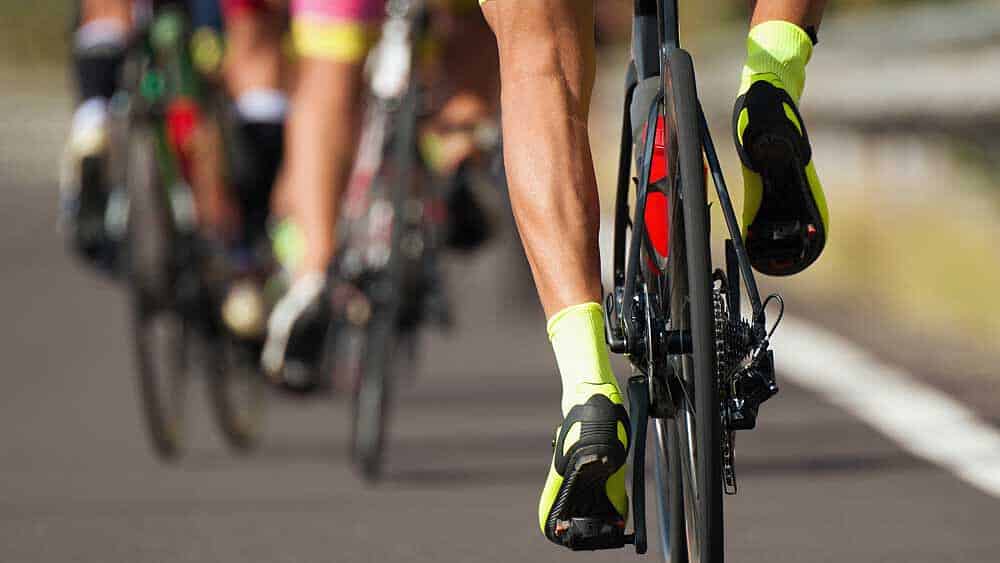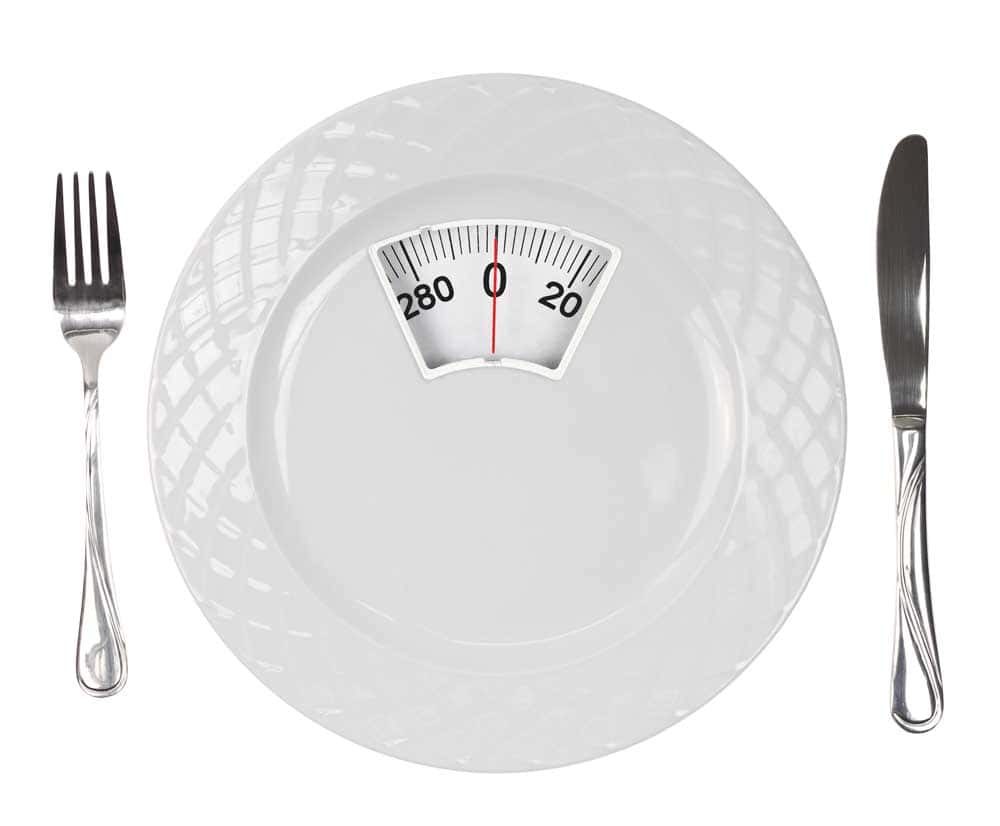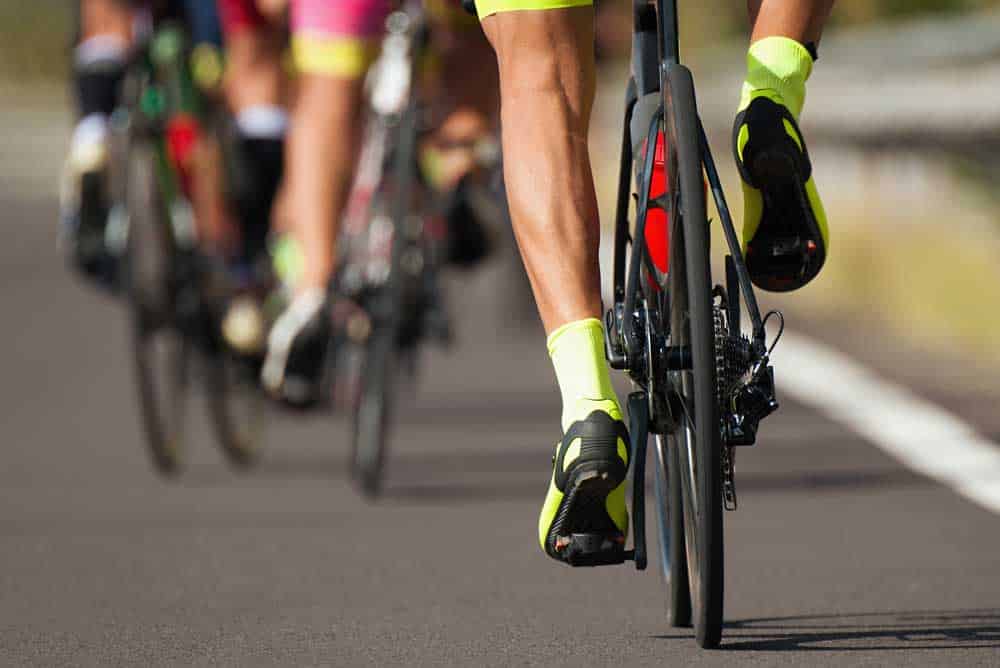
If you managed to get out of the house at all in the last couple of years, you’ve no doubt seen magazines and ads with “Keto” plastered all over them. Keto-friendly foods are showing up at grocery stores everywhere. You may even have that crazy coworker that dropped 30 lbs in what seemed like overnight preaching Keto to anyone that’ll listen. Is Keto a fad diet or is it here to stay? What do high-performance athletes need to know about Keto?
 A Super Brief History of the Keto Diet
A Super Brief History of the Keto Diet
Keto has been around since the 1920s as a form of epilepsy prevention for minors (and is still considered effective for that purpose). In the 1970s, the Atkins diet and the dangerous Last Chance Diet started leveraging the low carb style diet for weight loss.
After at least 60 deaths were attributed (in part) to the Last Chance Diet, low carb for weight loss went off the radar for over a decade, but it was still being studied.
Research confirmed that the diet could be safe for heart health and blipped again in the late 80s when Oprah Winfrey endorsed a product that helped her drop dropped 65lbs+ in 4 months. That wasn’t a great endorsement for sustainable weight loss, but it did briefly get low carb on the radar again. Behind the scenes, Keto research exploded in the 1990s, but the diet itself was still niche.
As research continued, many benefits started popping up in various studies including helping with type 2 diabetes. Other miracle benefits like fighting age-related issues including Alzheimer’s, heart disease, and some forms of cancer started being touted, and interest in keto continued to grow.
The boom that you’ve no doubt noticed today started gaining momentum in 2013 when Tim Ferriss, a popular podcaster and author of the famous The 4-Hour Work Week, started talking about the benefits he enjoyed after switching to a Keto diet. He did an extremely popular podcast in 2015 called “Dom D’Agostino on Fasting, Ketosis, and the End of Cancer.”
Then, Joe Rogan became interested in discussing keto on his show. Yes, the same The Joe Rogan Experience that generated so much controversy around COVID also happens to be the catalyst that started the viral explosion of Keto. In Nov 2017, Joe Rogan interviewed Dom D’Agostino about the Keto diet on his program with over 30 million listeners at that time. Keto immediately blew up.
Concepts of the Keto Diet
The basic idea of the Keto Diet is simple. When you eat sugar and carbs, your body produces insulin. That insulin causes your cell to absorb glucose to either use as energy or store for later (among other things). Insulin is important for maintaining your blood sugar level, but it also triggers fat storage.
If your diet includes an unhealthy amount of carbs and sugar for long enough, your cells become resistant to insulin, and it takes more to do the same job as before. This can lead down a nasty path of constant cravings for sugary/high-carb foods.
With Keto, you cut out carbs and sugar from your diet and get most of your calories from fat and a little bit of protein. Without the carbs to trigger blood sugar spikes, your body makes far less insulin. Lower amounts of insulin means less fat storage in theory.
Normally, your body uses carbs to make energy. When you reduce your carb intake to a sufficiently low level, your body will start burning fat to make energy instead. The amount varies depending on the person, and generally, 30-50g of Carbs is considered the threshold; however, many Keto experts recommend half that (under 20g) when getting started. Fat breaks down into glucose and ketones. This becomes an alternative fuel source and is known as ketosis.
Ketosis Weight Loss
Keto is best known for its weight loss benefits. There are several misconceptions about how it actually works though.
You’ll hear how fat has more energy than carbs per gram, so you get more energy from less weight. That’s true and yet, not the whole story.
Foods that are high in fat tend to be more satiating, meaning that you stay full for longer. You also tend to feel full faster compared to a lot of high carb/high sugar foods. Instead of stuffing your stomach as full as it will go, you’ll naturally tend to stop eating sooner.
Less food means your stomach does not stretch as much to accommodate your food intake. Over time, your body will identify as full sooner, so you’ll eat even less and so on.
While some people describe this as shrinking your stomach, that’s not really what’s happening. Eating less can’t physically shrink your stomach. Your stomach stretches to accommodate the food and liquid that you consume and returns back to the same size when empty; however, eating less can cause your brain to trigger the full feeling sooner even if your stomach is still the same size and still has the same capacity.
Lower consumption of food generally leads to a reduction in total calorie intake. That’s when the weight loss starts to happen.
Net calories is still the barometer for weight loss regardless of what diet you’re eating. The only way to lose weight is to burn more calories than you eat. Lower insulin levels, high insulin sensitivity, and being fat-adapted (using fat instead of carbs as fuel for your body) will not keep you from gaining weight if you’re eating more calories than you are burning.
The keto diet makes it easier for some people to reach a caloric intake deficit and therefore lose weight, but not everyone thrives on a keto diet. It’s best to speak to professionals for dietary guidance to help reach your health and fitness goals.
Keto Diet for Athletes
Fat metabolism produces more energy than glycolysis (using carbs for energy) per gram. Shouldn’t all athletes switch over to Keto to maximize their performance? Not so fast!
Keto and low carb diets work fine for low-intensity and high endurance activities. As the intensity level goes up, it gets complicated.
VO2 max has entered the room. VO2 max is the volume (amount) of oxygen your body can use when you’re exercising is max intensity. What percent of your VO2 max you’re using will have a large effect on if keto could work for you. This is a great fitness metric that a professional personal trainer can help you to measure and understand better.
Although more energy is produced in fat metabolism than glycolysis per unit, oxygen becomes a limiting variable during high intensities activities. Not only does glycolysis produce more ATP (energy) per oxygen, but it also does not require oxygen (anaerobic activity). If you’re reaching or exceeding your VO2 max, glycolysis can continue to power your body when keto can’t.
When you need a lot of energy really fast, like when you’re playing a sport or lifting heavy weights, fat metabolism can’t keep up. You need to burn carbs to make on-demand energy. The Keto diet is considered sub-optimal for high-performance athletes because the mechanism for producing energy cannot keep up with the demand.
Athletes that try the keto diet often talk about feeling weaker and getting tired faster when doing high-intensity activities. It makes perfect sense why when you look at the differences between fat-fueled energy and carb-fueled energy.
Can High-Performance Athletes be Dual-Fueled (Keto and Carbs)?
 Despite having been around for over a century now, there is still so much about the keto diet that we don’t know yet. Nutrition as a whole has progressed leaps and bounds in the last 20 years. With new research using better tools and technology, our understanding of how food interacts with our bodies changes on a daily basis.
Despite having been around for over a century now, there is still so much about the keto diet that we don’t know yet. Nutrition as a whole has progressed leaps and bounds in the last 20 years. With new research using better tools and technology, our understanding of how food interacts with our bodies changes on a daily basis.
Since hitting the mainstream, Keto advocates have staunchly preached that all carbs are bad carbs and that you can’t mix Keto and Carbs. On the surface, that makes sense. When someone on the keto diet takes in too many carbs, their body switches back to using Carbs for fuel and kicks them out of ketosis.
But, that’s not the whole story. What if you could get the benefit of ketones without the low-carb keto diet? High-performance athletes have started supplementing ketones to ride the wave of two fuel sources. The human brain consumes about 20% of the energy your body uses. According to some scientists, the brain will preferentially use ketones as a power source leaving more glycogen to power the rest of the body.
With technology that is so new, we’re only scratching the surface about the potential pros and cons of supplementing ketones to improve performance. So far, the studies have been promising, and we’re seeing athletes like Tour de France cyclists embracing the potential performance enhancement of ketone supplements.
There are mixed feelings about the risk/rewards associated with ketones. One objection to ketone supplementing is a body that is not already ketone adapted is not going to benefit from the supplements because it doesn’t know how to use them; there isn’t enough data to confirm this one way or the other yet. Another concern is the long-term effects on the body since data is still limited.
In other cases, ketone supplementing has been tested for helping with post-activity recovery. There might be something to it, but the sample size is still too small to jump to conclusions.
Is Keto First Dual Fuel Headed to the Mainstream Soon?
Another trend that we’re seeing is a targeted keto diet with selective carb intake. Instead of sticking to an exclusive low carb, keto-focused diet, this approach also includes consuming carbs around times when they will be needed and used (like around workouts or other high-intensity activities).
If you get 25-50 g of digestible carbs within 30 minutes of working out, you can leverage some of the on-demand energy benefits of carbs and use that energy up before it gets stored. This will allow your body to stay in ketosis if you’re already fat adapted.
Most Keto experts were resistant to this type of targeted carb intake for fear of getting kicked out of ketosis and having to start all over. That point of view seems to be changing and some experts have become more flexible around carb intake.
The longer someone has been on the Keto diet, the better their body is at defaulting to fat and ketones for energy; they are able to eat more carbs without getting kicked out of ketosis and are able to get back into ketosis more quickly if they do have too many carbs.
Therefore, the targeted keto approach tends to work best for keto veterans and will generally be less effective for newcomers.
Whether this trend in Keto will continue to become more popular remains to be seen.
Keto Pitfalls
Like any other diet (maybe even more), the effectiveness of the Keto diet depends on strictly sticking to it. Regularly eating too many carbs on the Keto diet can be disastrous for your health because your body will not go into ketosis and will store fat instead of using it as fuel. Until you’re well-adapted, even small amounts of carbs can be problematic. If you simply can’t live without carbs, Keto is not for you.
It’s also common for dieters to have tremendous weight loss success with Keto at first only to gain it all back because they reverted back to their old eating habits. A caloric deficit is still the main factor for weight loss. Studies have shown that if you match up the net calorie intake and usage among keto and other diets, the amount of weight loss is virtually the same.
“Dirty” Keto is another pitfall to be aware of for anyone considering the Keto diet. To make the strict restrictions easier to sustain, dieters will focus exclusively on keeping their carb intake under the threshold and completely ignore all other aspects of their food intake.
When you’re only looking at carb count, it’s easy to take in excessive amounts of saturated fat, tons of artificial ingredients loaded with chemicals, and an insufficient balance of nutrients. Not only is this extremely unhealthy, but it often reduces the effectiveness of the diet as well. No matter what your dietary plan is, making healthy selections and keeping your nutrition well balanced is critical for your long-term health.
The keto diet may help you to hit your weight loss goals, but to sustain your slimmed-down body, you’ll need to make lasting changes to your diet and activity level. Before you decide to jump on the Keto train, take some time to speak with a personal trainer, nutritionist, and/or doctor about your health, performance, and fitness goals.
Summary of Keto for Athletes
Unlike some trendy diets, it looks like the Keto diet and other Low Carb diets are here to stay in some form. These types of diets have a track record of being effective for short-term weight loss… and a reputation for being nutritionally imbalanced and hard to maintain long-term.
Keto is also said to have other benefits ranging from improved brain function to cancer-fighting attributes; there are too many conflicting studies to know what degree these claims are true or false. Your doctor or a nutritionist can help to guide you.
For high-performance athletes, carbs are a must-have. The Keto diet simply cannot provide enough on-demand energy to reach peak athletic performance or massive muscle gains. There may be some benefits of supplementing ketones, so check with your trainer or nutritionist to find out what’s right for you.
